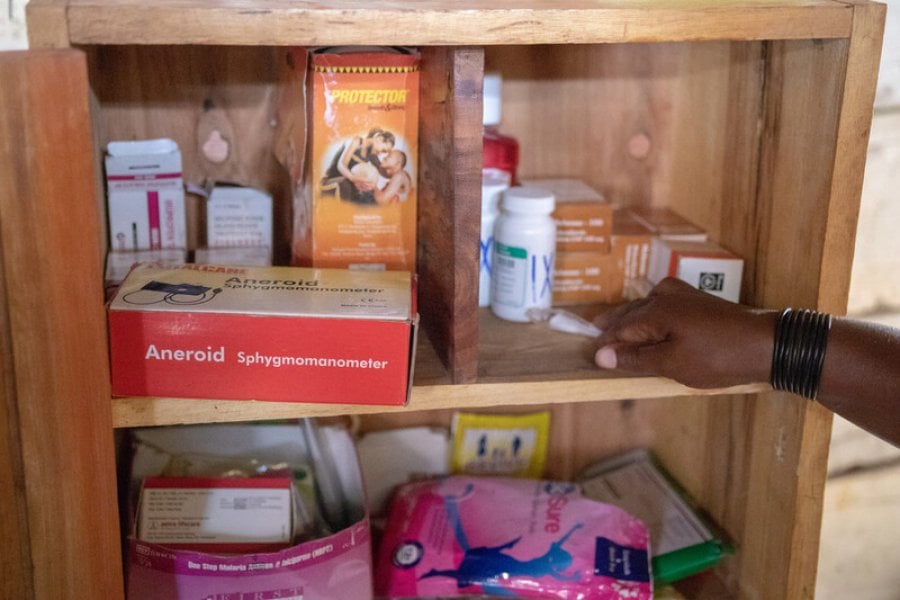
Substandard and falsified (SF) medical products are a profound global challenge, threatening public health, patient safety, and instigating a worrying increase in antimicrobial resistance (AMR). This problem is prevalent in low- and middle-income countries, where an estimated 1 in 10 medical products are predicted to be substandard or falsified.
Falsified medicines are those that 'deliberately/fraudulently misrepresent their identity, composition, or source'. Conversely, substandard medicines are 'authorised medical products that fail to meet either their quality standards or their specifications, or both'. These SF medicines may stem from negligence or inadvertent errors during production, or they may degrade due to poor storage conditions or improper handling during transportation. Medicines falling into either category might have insufficient, excessive, or an absence of the stated active pharmaceutical ingredients, or they might contain the wrong ingredients altogether. This can lead to prolonged periods of illness, increased risk of death, loss of income, escalated healthcare expenditure, and diminishing trust in public health systems.
In Sub-Saharan Africa, the situation is particularly alarming. A recent United Nations report, states that up to half of the medicines in West Africa might be classified as SF. The devastating impact of suspect medicines was horrifically brought to light in The Gambia when at least 60 children, predominantly under five years old, died from acute kidney injury after consuming cough syrup contaminated with high levels of ethylene glycol and diethylene glycol (antifreeze agents and industrial solvents).
Misuse or overuse of SF antibiotics can also be a significant driver for the development of AMR. Substandard antibiotics, due to their sub-therapeutic doses, can allow bacteria to adapt, persist, develop and spread resistance.
So, what can be done to tackle substandard and falsified antibiotics?
- A priority should be to integrate surveillance of medicine quality into the National Action Plans and Antimicrobial Stewardship programmes. This would provide a comprehensive understanding of the prevalence and potential impact of SF antibiotics, thereby informing effective interventions for policymaking.
- A significant focus should be placed on education and awareness, by developing educational campaigns, highlighting the risks associated with SF antibiotics, and emphasise the importance of sourcing medicines from reputable sources.
- The pharmaceutical supply chain is a complex network that requires enhanced security and transparency. This needs to be accomplished by developing sophisticated tracking and tracing systems that ensure medicines originate from reliable sources, are transported and stored under appropriate conditions.
- Regulatory enforcement and legislation play a pivotal role, necessitating reinforcing regulatory systems, such as the African Medicines Agency, which will ensure the quality and safety of medical products, thereby improving access to safe affordable medicines. Concurrently, laws need to be introduced or revised laws deter crimes such as smuggling and corruption, associated with the production and distribution of SF antibiotics.
The fight against the SF antibiotics crisis and AMR is a convoluted and multidimensional challenge. However, with strategic planning, relentless effort, and global cooperation, the tide must be turned on this pressing health crisis.
Our postgraduate taught courses provide health practitioners, clinicians, policy-makers, scientists and recent graduates with a world-class qualification in public and global health.
If you are coming to LSHTM to study a distance learning programme (PG Cert, PG Dip, MSc or individual modules) starting in 2024, you may be eligible for a 5% discount on your tuition fees.
These fee reduction schemes are available for a limited time only.
